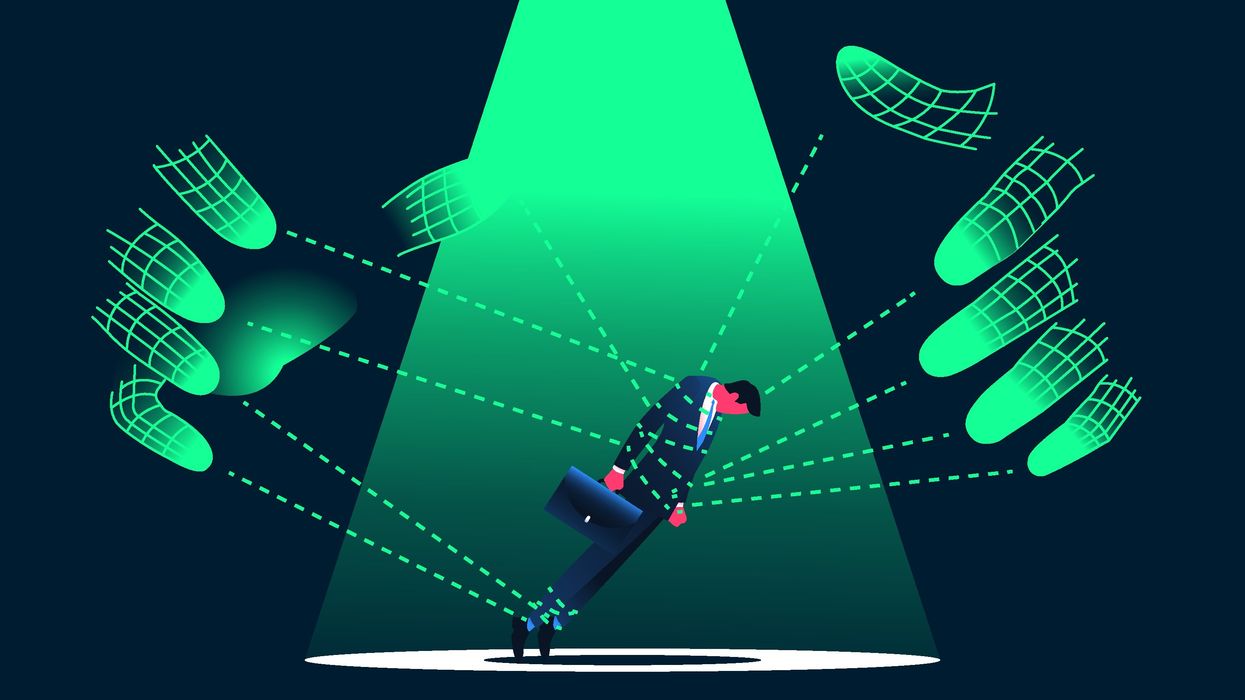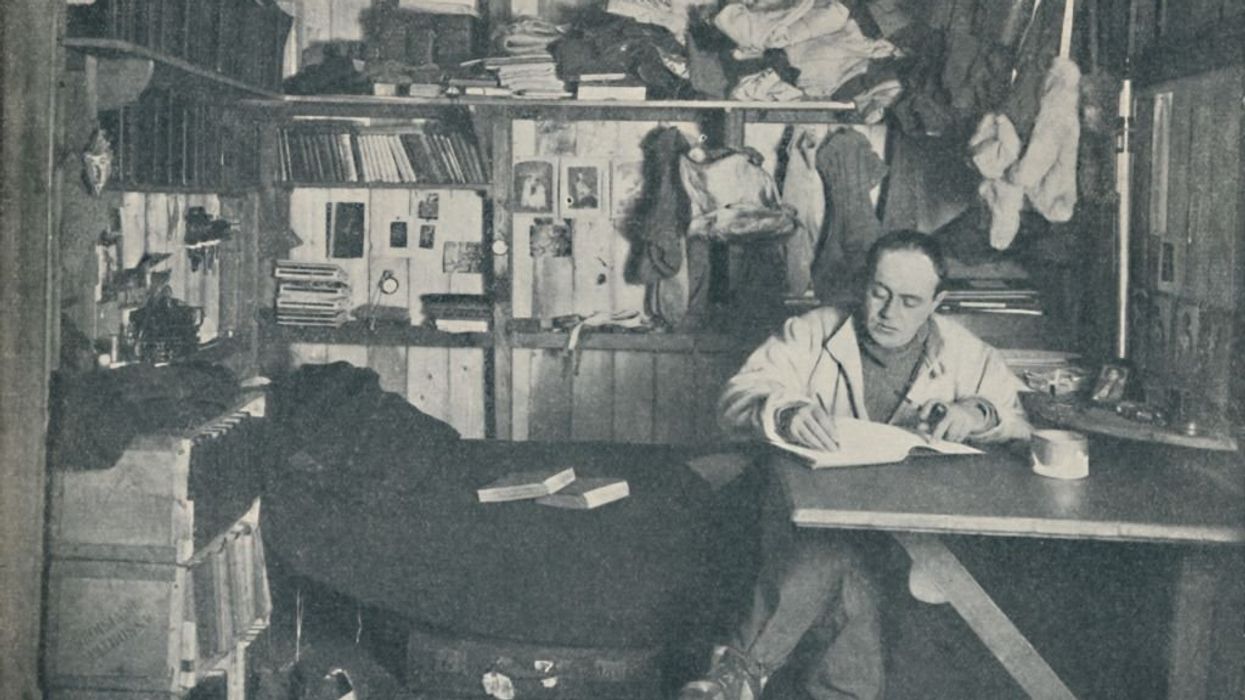© 2024 Blaze Media LLC. All rights reserved.
"The swings themselves have eroded the confidence of investors."
The stock market is profoundly unstable and it is manifesting itself in the form or low consumer confidence.
There are several reasons for this. Take for example the fact that more than half a trillion dollars in paper gains were made and lost within just two weeks in September. The S&P 500 jumped 5 percent in the week ending Sep. 16, the second best week this year. The next week it plunged 6 percent, the second worst week this year, according to the Associated Press.
These wild swings have made investors nervous about putting money in the stock market. "It's like an elevator with only two buttons," said Jeffrey Sica, president of Sica Wealth Management in a recent report. "If you see one button says 'surge' and the other says 'plunge,' you're not going to get on the elevator."
This volatility, large jumps followed by deep dives, within the course of a week or sometimes the same day, is not helping. This is what has been blamed for preventing companies from going public and scaring investors out of stocks. Some think that even if Europe resolves its debt crisis, the large, unpredictable price swings will continue.
To get an idea of just how volatile the market has been, consider these facts:
- The Dow Jones industrial average has gained or lost more than 200 points in a trading day 16 times since the start of August.
- Six of those days came in September.
- In the first seven months of the year, that happened just four times.
- The long-term trend is toward more volatility. Judging by the number of times in a year the S&P 500 swung 2 percent or more in a single day, markets are much more likely to have large leaps up or dives down, according to S&P's equity research group.
- Swings of 2 percent occurred an average of five times a year from 1950 to 1999.
- It has already happened 20 times this year, with three months left to go.
Since the start of the heavy turbulence in August, the only company that has dared to make a public offering was the Chinese online video website Todou Holdings on Aug. 16. The backlog of companies waiting to debut in an IPO has never been larger.
"All the volatility has made for an unfavorable IPO environment," said Claude Courbois, managing economist at Nasdaq OMX'sresearch department in a recent Associated Press report. "An IPO is your coming out party, a chance to tell your story. You don't want an enormous amount of uncertainty surrounding it."
Some have said that it looks like 2008 all over again. Retail investors withdrew $36 billion of U.S. stock funds in August, according to preliminary data from the Investment Company Institute. That is second only to the $47 billion withdrawn from U.S. stock funds at the height of the financial crisis in October 2008.
"The swings themselves have eroded the confidence of investors," said Jeff Kleintop, chief market strategist at LPL Financial. "It's the sign of a market and an economy not on sound footing."
Thinking that the marketplace would settle if the Federal Reserve's efforts to help the economy came to an end in June, Sica, the wealth manager, told his clients to keep at least 10 percent of their savings in stocks. Since then, he has advised them to get the rest of their money out completely.
"This is the first time in 20 years that I'm totally out of stocks, unfortunately. Just because something declines, it doesn't mean it will ever come back."
The Associated Press contributed to this report.
Want to leave a tip?
We answer to you. Help keep our content free of advertisers and big tech censorship by leaving a tip today.
Want to join the conversation?
Already a subscriber?
more stories
Sign up for the Blaze newsletter
By signing up, you agree to our Privacy Policy and Terms of Use, and agree to receive content that may sometimes include advertisements. You may opt out at any time.
© 2024 Blaze Media LLC. All rights reserved.
Get the stories that matter most delivered directly to your inbox.
By signing up, you agree to our Privacy Policy and Terms of Use, and agree to receive content that may sometimes include advertisements. You may opt out at any time.


